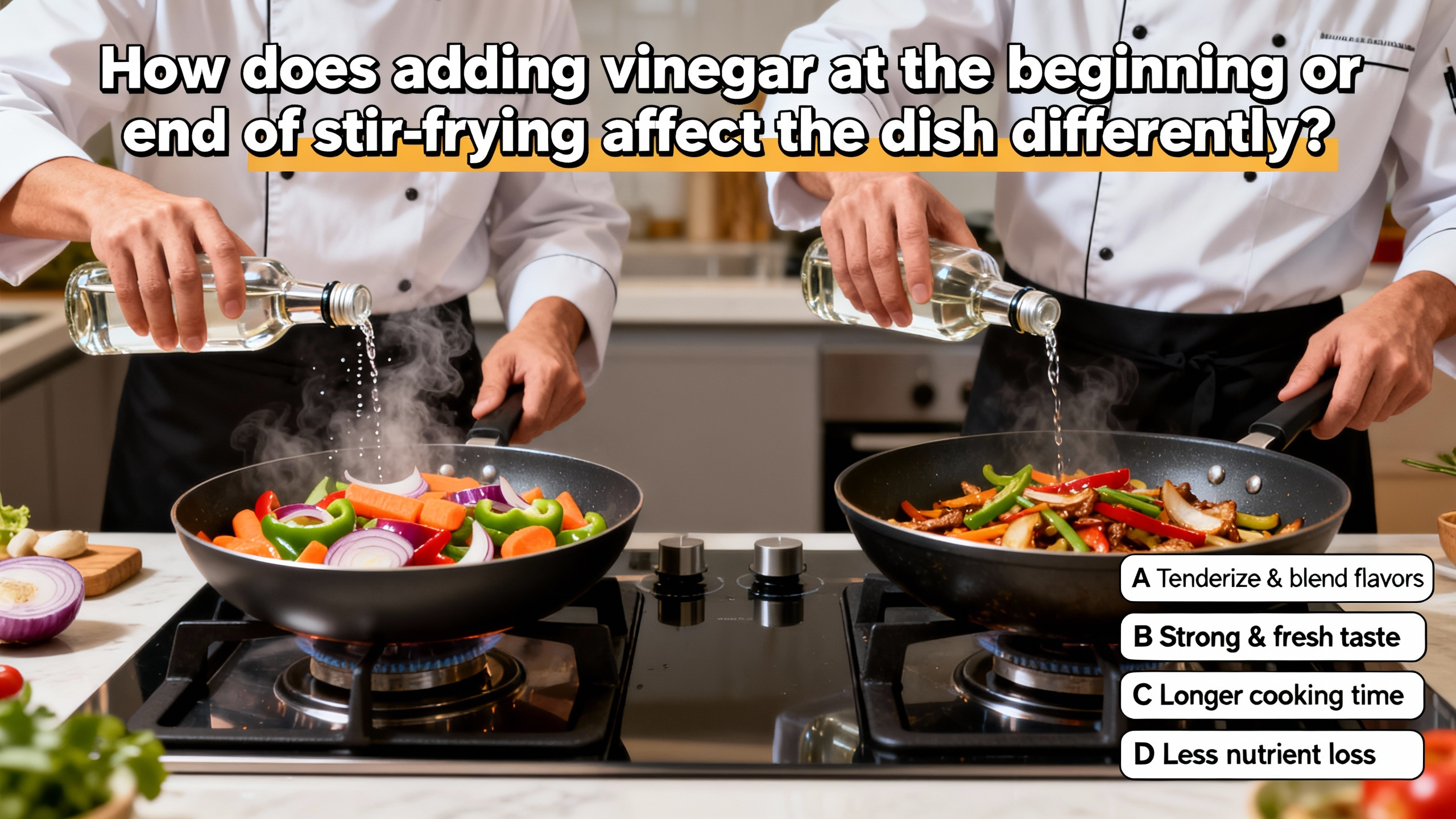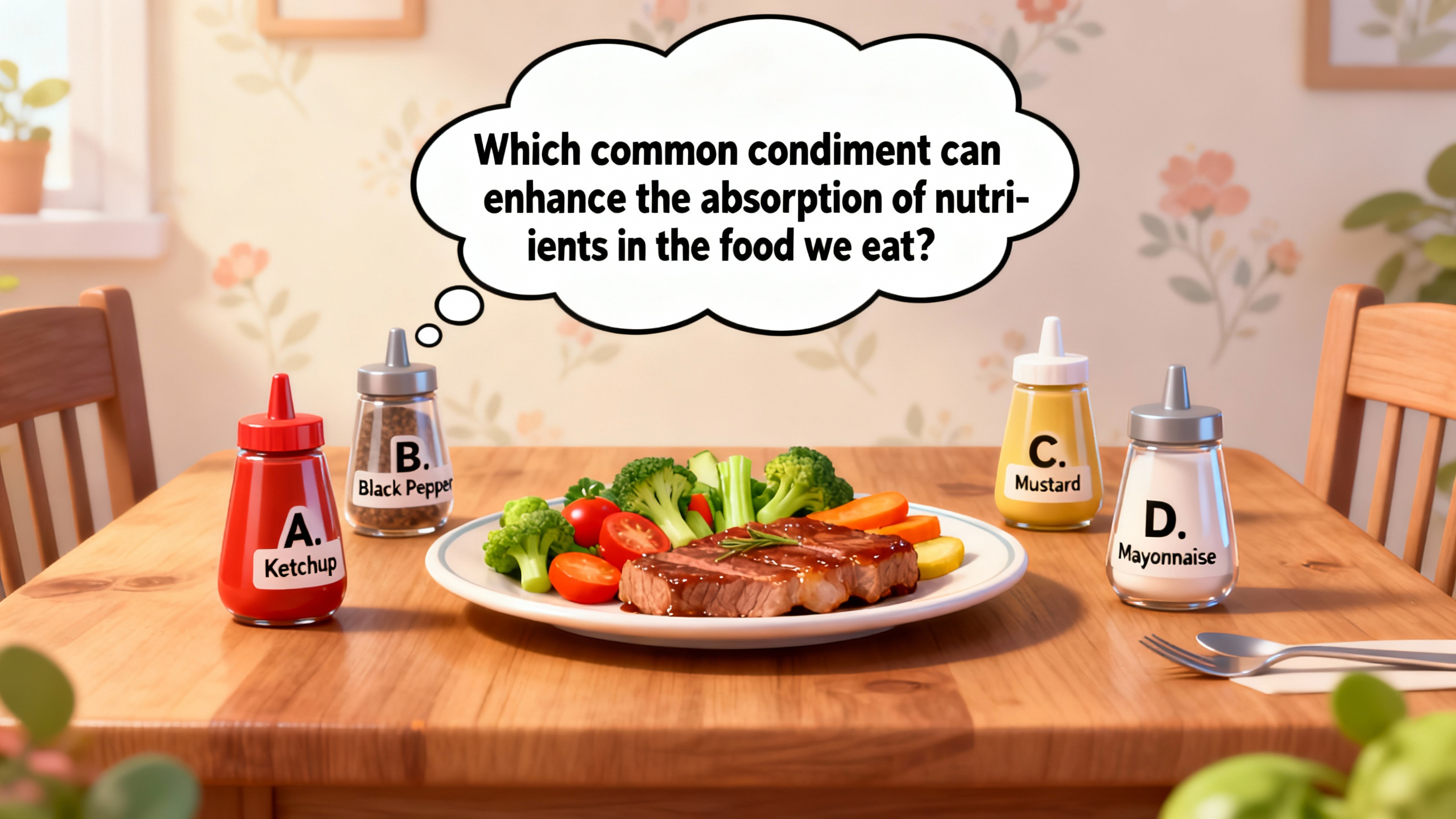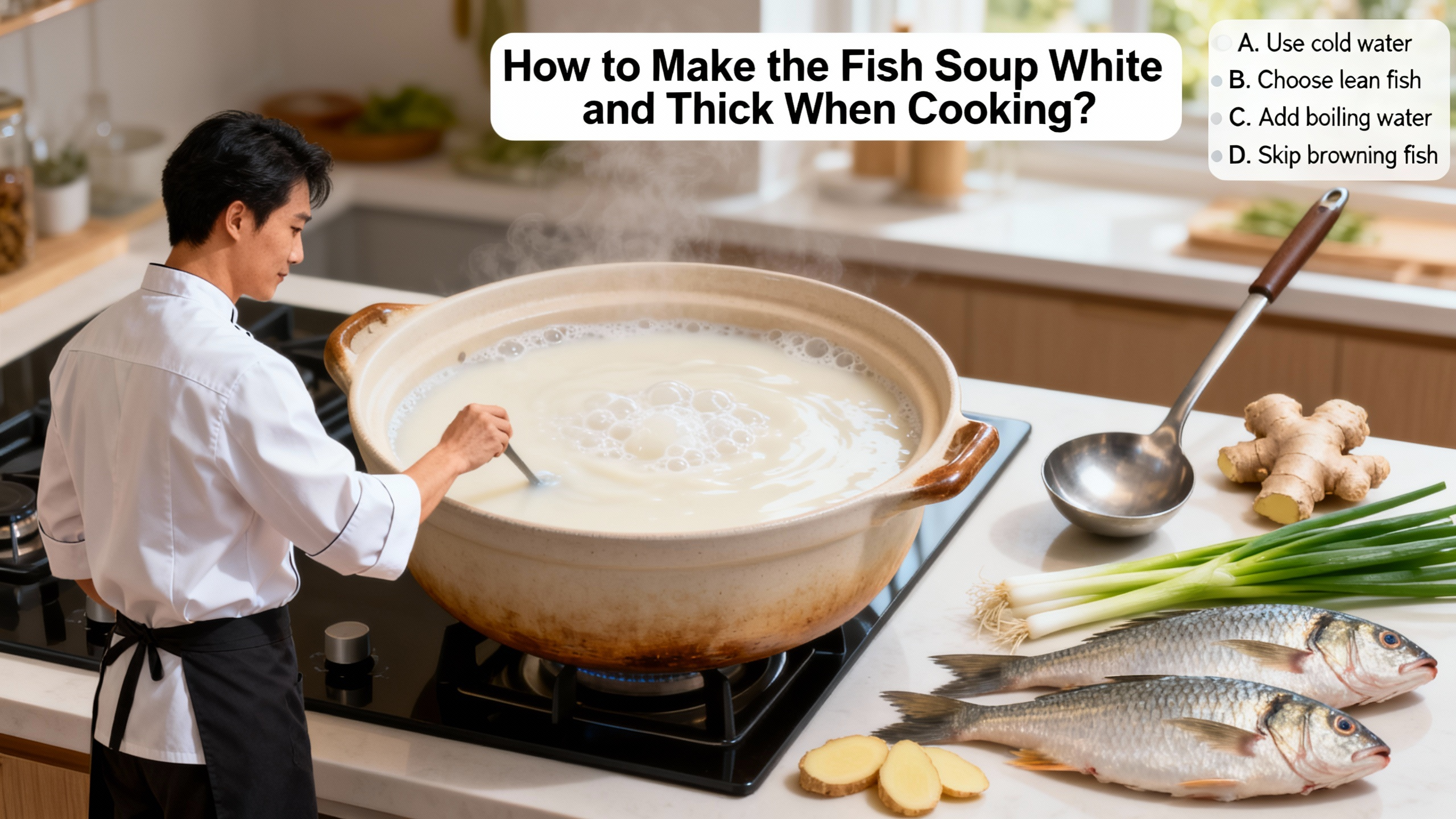The Impact of Adding Vinegar at Different Times During Cooking
When it comes to the art of cooking, every ingredient and the precise moment of its addition play a crucial role in shaping the final outcome of a dish. Vinegar, a versatile and widely used ingredient, is no exception. The timing of adding vinegar can significantly affect the flavor, texture, and nutritional value of the dish. In this in - depth exploration, we will conduct a detailed analysis of the differences between adding vinegar early and late in the cooking process.
Adding vinegar at the beginning of cooking can have several far - reaching effects. Firstly, it serves as a powerful agent for breaking down the fibers in meat and vegetables. When dealing with meat, the early addition of vinegar is like a secret weapon for tenderizing. The acidic nature of vinegar works to dissolve some of the tough connective tissues that make meat chewy. Take, for example, the classic braised pork dishes. In a traditional Chinese braised pork recipe, adding just a bit of vinegar at the start of the long - simmering process can work wonders. The vinegar penetrates deep into the meat fibers, gradually softening them. As a result, the pork becomes more tender and succulent, practically melting in your mouth with each bite. It's not just about the immediate texture; this tenderizing effect also makes the meat more digestible.
For vegetables, the early addition of vinegar can also bring about significant changes. Vegetables have cell walls that give them their structure. When vinegar is added early, it starts to soften these cell walls. This not only leads to a quicker cooking time but also affects the overall texture of the vegetables. For instance, when making a stew with carrots and onions, adding vinegar at the beginning can make the vegetables cook faster and become more tender. They retain their shape but are easier to cut through and have a more pleasant mouthfeel.
Secondly, vinegar at the start of cooking can enhance the extraction of flavors from other ingredients. The acidic environment created by vinegar acts as a catalyst for releasing the flavors of spices and seasonings. Imagine a curry dish where a variety of spices are used. When vinegar is added early, it helps to break down the complex molecules in the spices, allowing their flavors to be more fully released and integrated into the dish. The spices blend together more harmoniously, creating a rich and well - rounded flavor profile. The vinegar also helps to carry these flavors throughout the dish, ensuring that every bite is full of taste.
However, there is a drawback to adding vinegar early. A large amount of its volatile flavor compounds will evaporate during the long - cooking process. These volatile compounds are what give vinegar its characteristic sharp and tangy taste. As they evaporate, the final dish may end up with a more mellow and subdued acidic flavor. Instead of the bright, zesty punch that vinegar is known for, the flavor becomes more integrated and less prominent. This can be a positive or negative depending on the desired outcome of the dish. In some cases, a more mellow acidic note may be exactly what is needed to balance other strong flavors in the dish.
On the other hand, adding vinegar at the end of cooking preserves its fresh and sharp flavor. The volatile compounds that are responsible for vinegar's distinct taste remain intact when it is added late. This provides a bright and zesty note to the dish that can really elevate its flavor. In stir - fries, for example, a quick stir - fry of colorful vegetables like bell peppers, broccoli, and snow peas can be given a burst of flavor by adding a splash of vinegar right before turning off the heat. The vinegar hits your taste buds with its sharpness, adding a refreshing contrast to the cooked vegetables. It wakes up the palate and makes the dish more exciting.
Salads are another area where late - added vinegar shines. A simple green salad can be transformed from ordinary to extraordinary with a well - timed addition of vinegar. Whether it's balsamic vinegar for a sweet and tangy dressing or apple cider vinegar for a more fruity and acidic note, adding it at the end ensures that the salad has a fresh and vibrant flavor. The vinegar coats the salad ingredients, enhancing their natural flavors and adding a bit of acidity that cuts through the richness of any added dressings or toppings.
Additionally, adding vinegar late can help retain some of its nutritional value. Vinegar is not just a flavor enhancer; it contains vitamins and antioxidants. For example, apple cider vinegar is rich in acetic acid and contains small amounts of vitamins like vitamin C and B - group vitamins. These nutrients can be beneficial for health, such as helping with digestion and providing antioxidant protection. By adding vinegar at the end, these nutrients are less likely to be destroyed by prolonged heat. High temperatures can break down many of the delicate compounds in vinegar, so adding it late ensures that you get the maximum nutritional benefit from this ingredient.
However, late - added vinegar may not have the same tenderizing effect on meat or vegetables as early - added vinegar. Since there isn't enough time for it to penetrate and break down the fibers, the texture of the ingredients remains relatively unchanged in terms of tenderness. If you're looking for a tenderizing effect, late addition of vinegar won't be sufficient. For example, if you add vinegar to a steak just before serving, it won't have the same impact on the toughness of the meat as adding it during a long - marinating or slow - cooking process.
In conclusion, whether to add vinegar early or late depends on the type of dish you're making and the flavor and texture you want to achieve. Early addition is great for tenderizing and integrating flavors, making it ideal for slow - cooked dishes like stews, roasts, and braises. Late addition, on the other hand, is perfect for a fresh, tangy kick and nutrient preservation, and it works wonders in stir - fries, salads, and other quick - cooked dishes. As a cook, understanding the nuances of when to add vinegar can take your culinary creations to the next level, allowing you to create dishes that are both delicious and well - balanced.










